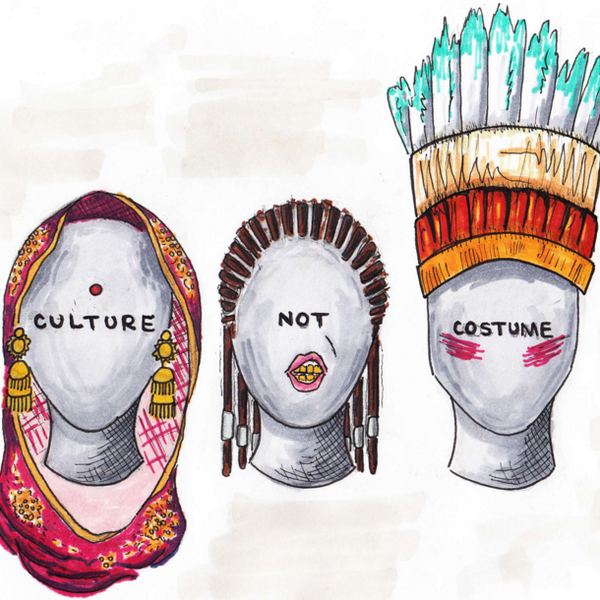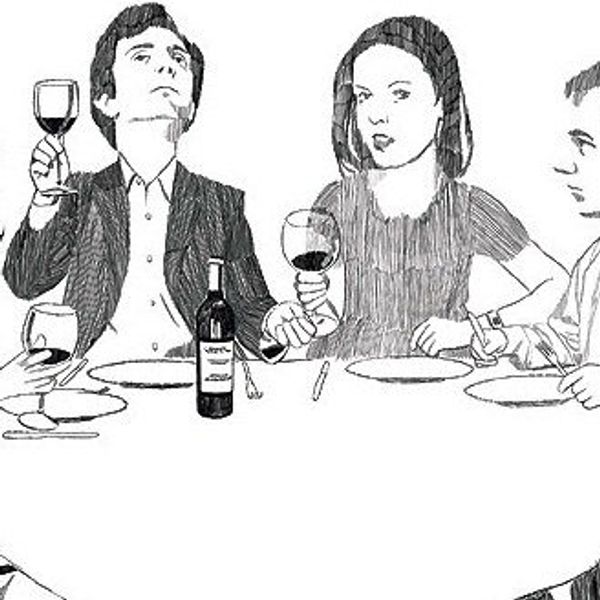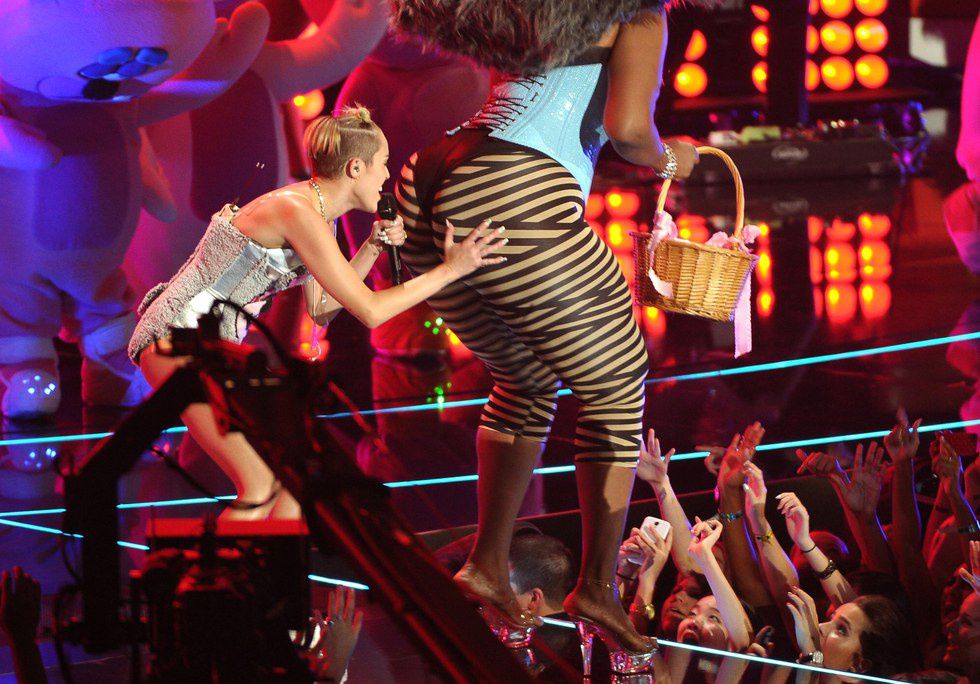Whether it's a Kardashian wearing Bantu knots or Macklemore winning a Grammy over Kendrick Lamar. Cultural appropriation is a topic that is not only very relevant in today's American society but one that I think is misunderstood. There is a fine line between cultural appropriation and cultural appreciation, a line so thin it is easy to blur the topic into a shade of grey because it is not just black and white.
Art is a universal language; much like math, it extends past color, ethnicity, gender and nationality. Although, unlike math, art is subjective. One may see emotion invoking beauty and another may see offensively framed garbage. The terrain becomes rugged when a person is so moved and inspired by a culture or way of life that is not their own. I struggled for many years believing that I, a middle classed white boy from Colorado, could not, in good conscious, love and admire HipHop/black culture so much. Although, ironically, through the same art and culture that brought so much internal turmoil and debate I found that it is okay to love something outside of our preconceived boundaries of race.
Cultural appropriation is defined as "the adoption or use of elements of one culture by members of another culture." Now in definition that doesn't sound all that controversial. I mean this is America, the melting pot of the world. That is where the term cultural misappropriation comes into play. Where appropriation is the adaption or assimilation of elements, misappropriation is the more colonial aspect, in which the elements and identities of cultures (specifically the cultural minority) are taken out of their original heritage-rich backgrounds and often misused or exploited. An example being the infamous Miley Cyrus VMA twerking controversy. I find this to be a great example of misguided cultural appreciation because no one is saying white girls can't twerk and no one is saying a white girl can't like to twerk. I mean just look at any Lexy Panterra video.
.
The major problem was Miley wasn't even doing it right and was objectifying her black female backup dancers.
Now cultural appropriation isn't so black and white, from festival girls wearing ceremonial Native American headdresses to the blatant racism that happens during Saint Patrick's day and Cinco De Mayo. There are hundreds of examples, ranging from overtly obvious and those that slip under the radar of day to day life. But can cultural appropriation be good? I found this video to summarize and explore the side in which a symbiotic relationship can occur.
So how does this line get drawn? What makes the difference between appropriation and appreciation? These are questions that I ask myself often in this day and age where racial tensions are at an all-time high.
The answer like many things in life is not so simple, as I stated previously it is as subjective as art. What may offend one person of a cultural background may not offend someone of the same distinction. My personal opinion is that as long as you truly love and respect something you can never be called out for misappropriating a culture. Whether its hair, clothing or the art you create. If you respect the culture and its people and simply like it because you like it, you can do no harm. Hip Hop blurred the line for me, I see no color, no race. I hear only music together with the love and passion the MC and producer have for this lifestyle.
We are simply people on a little blue dot in space, we create to fill the void of existence. It's quite petty to me to bar another human from appreciating an art or culture simply because they don't come from where you come from or look the way you look. We are in this space together, holding hands while staring the uncertainty of the universe in the eyes. Let's just appreciate each other for our differences and celebrate our similarities.
As Q-Tip said “The thing that men and women need to do is stick together. Progressions can’t be made if we’re separate forever.”






















